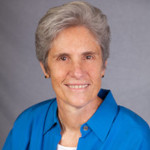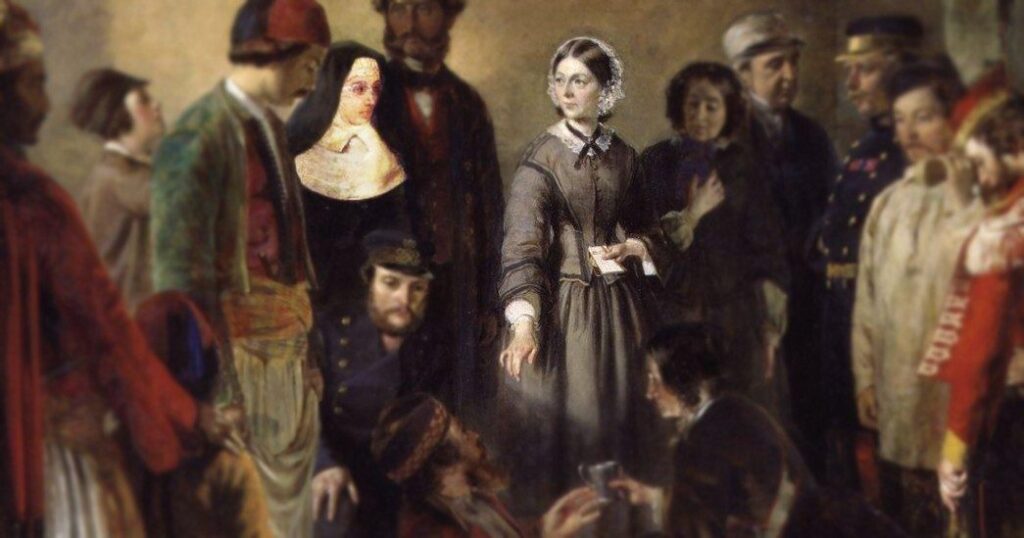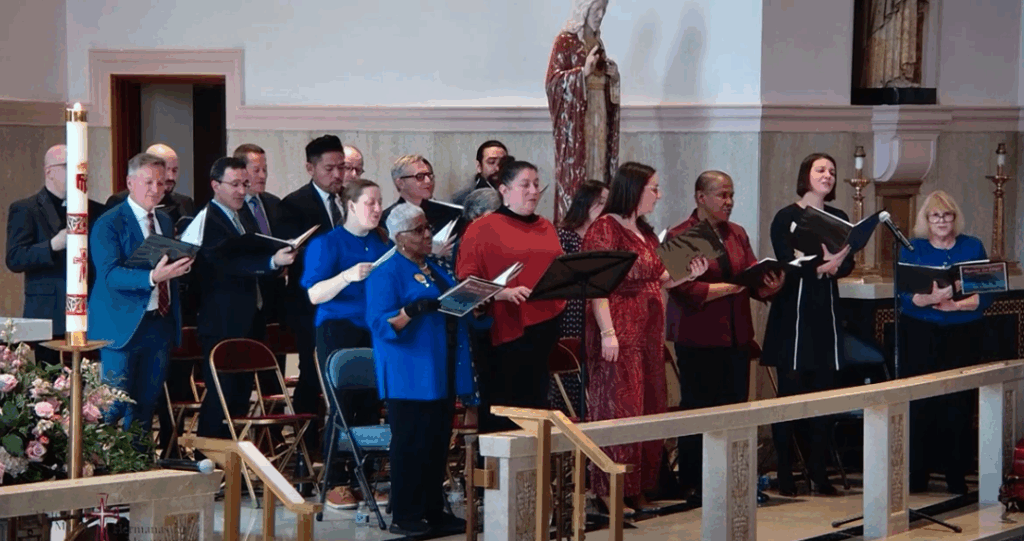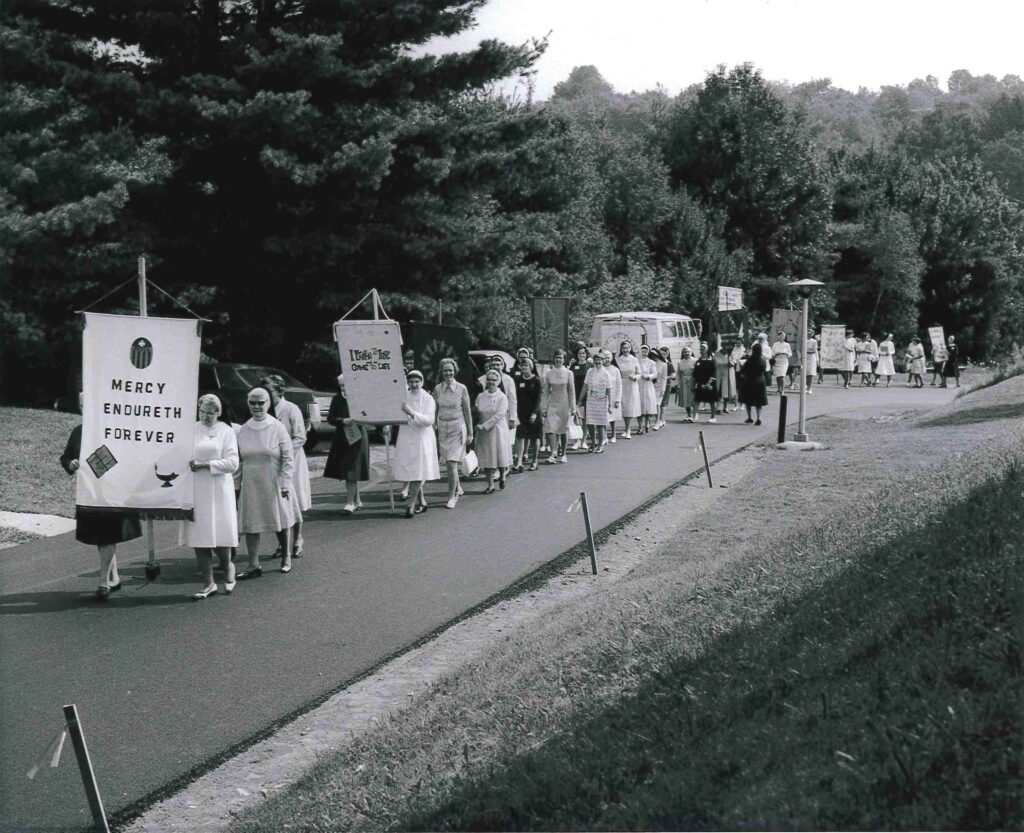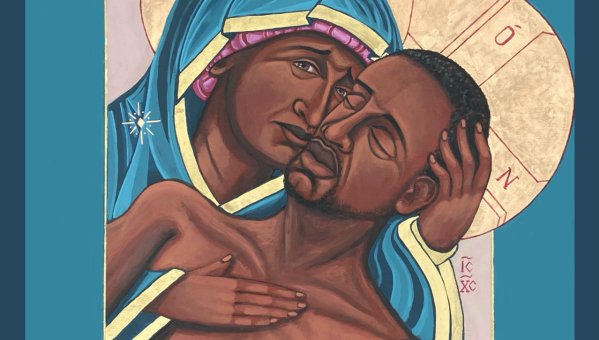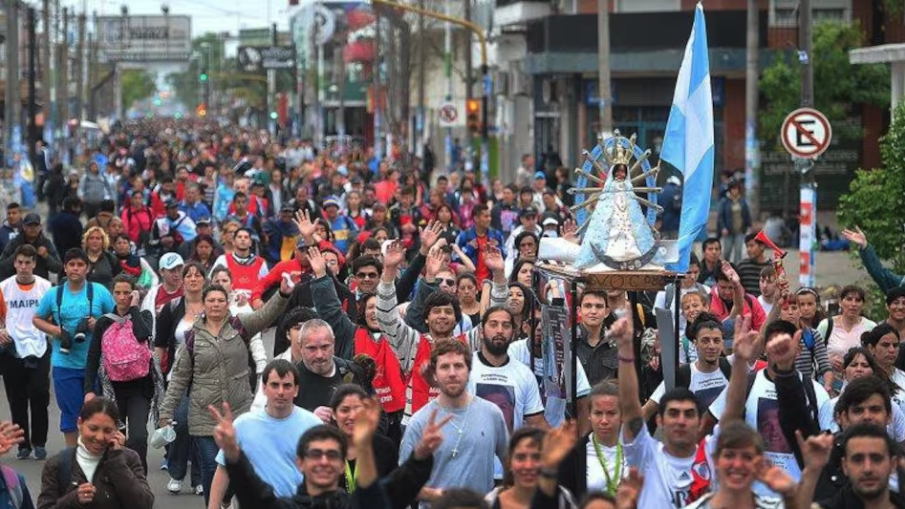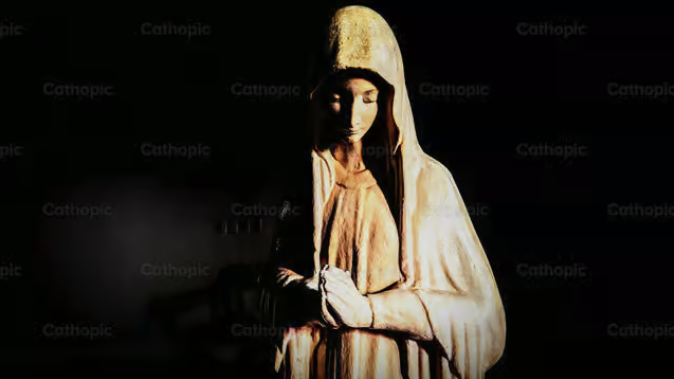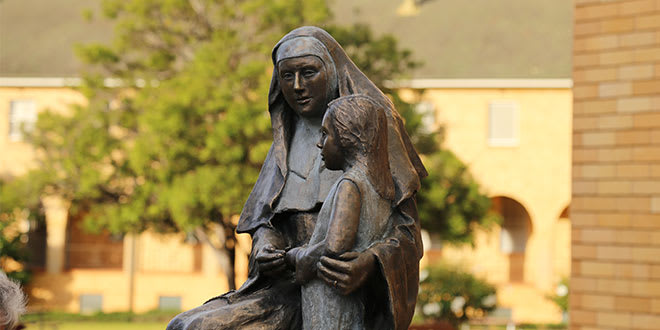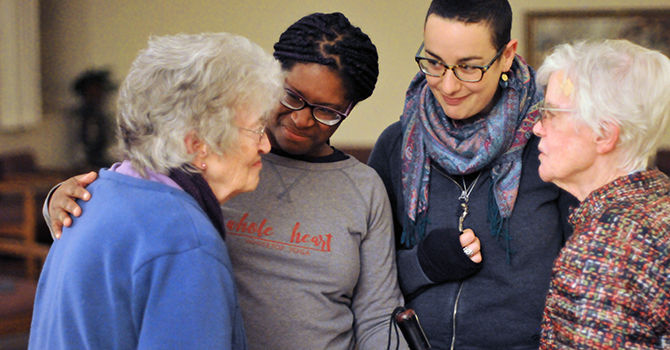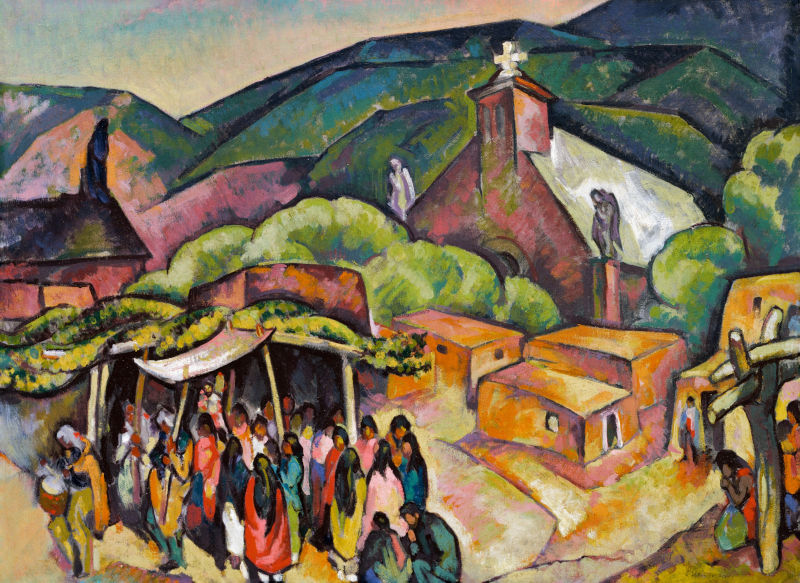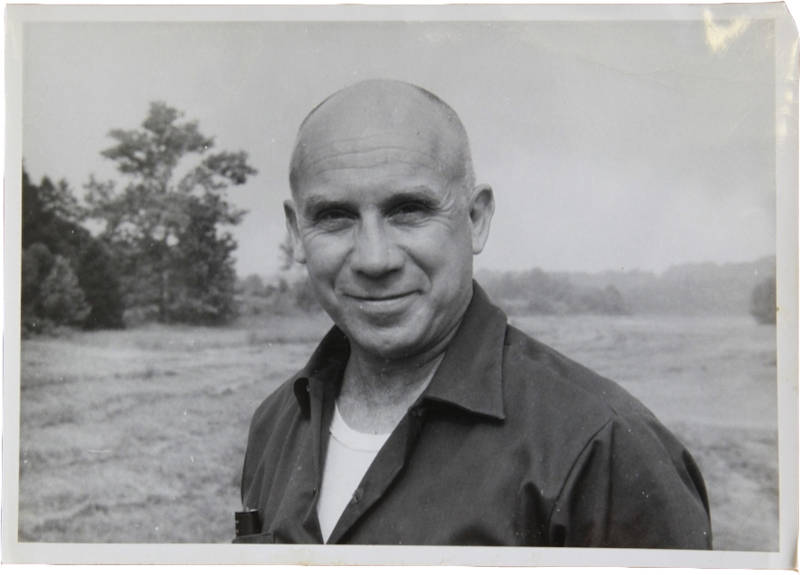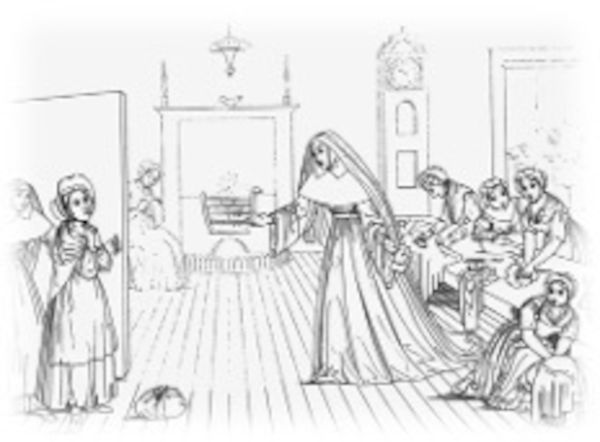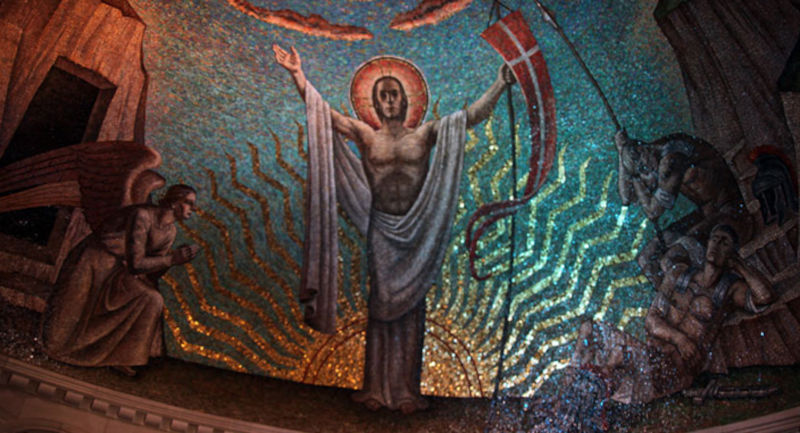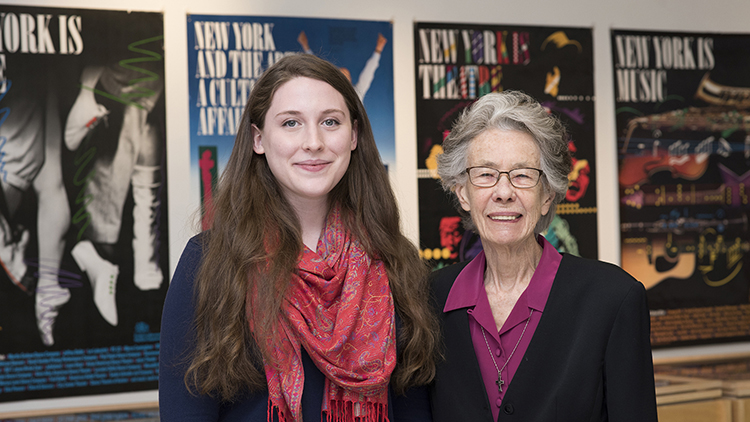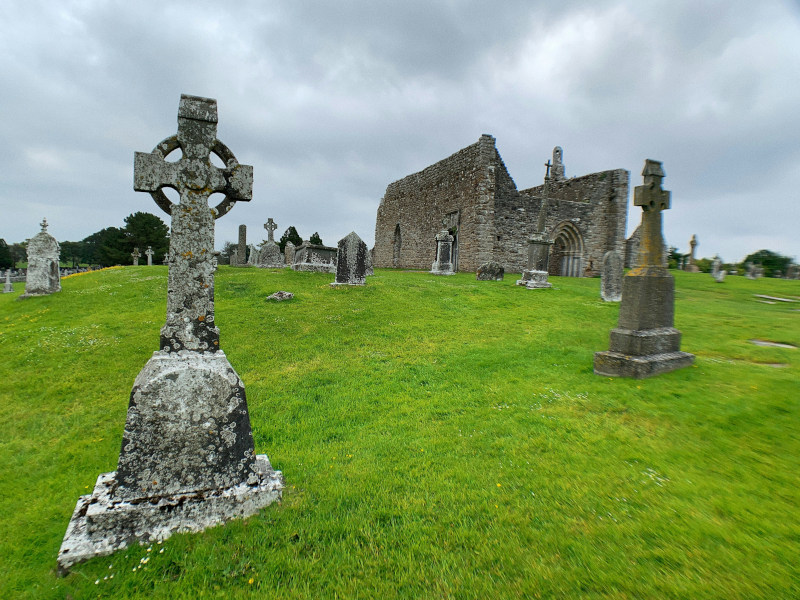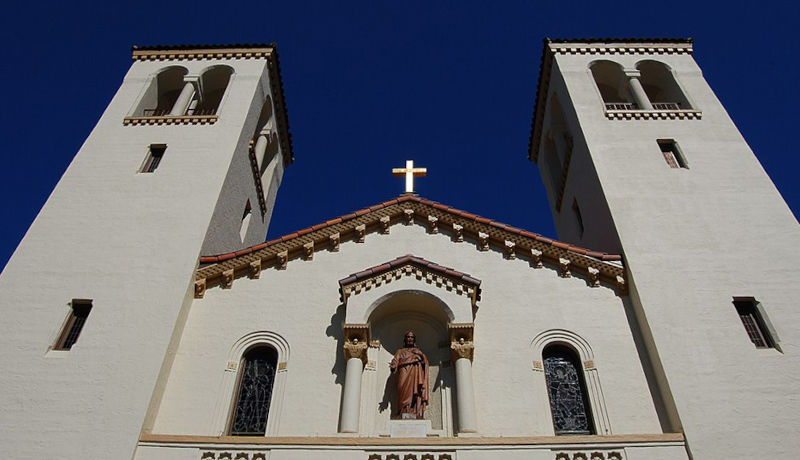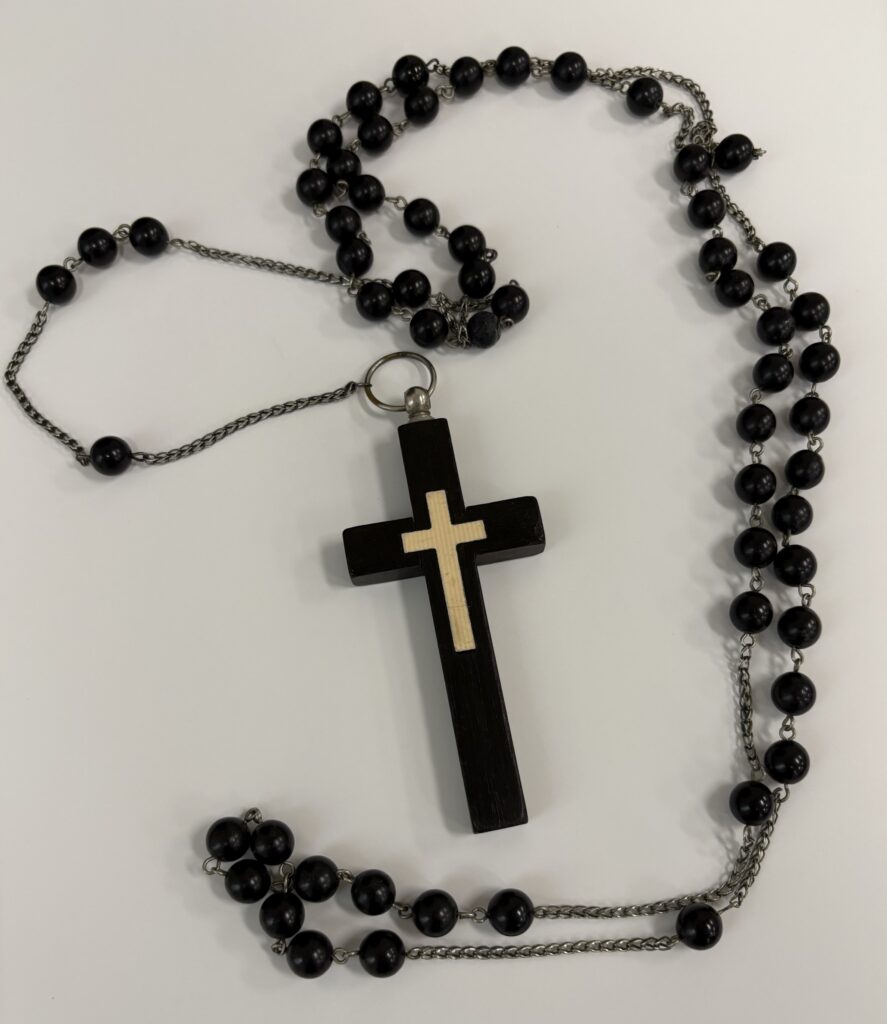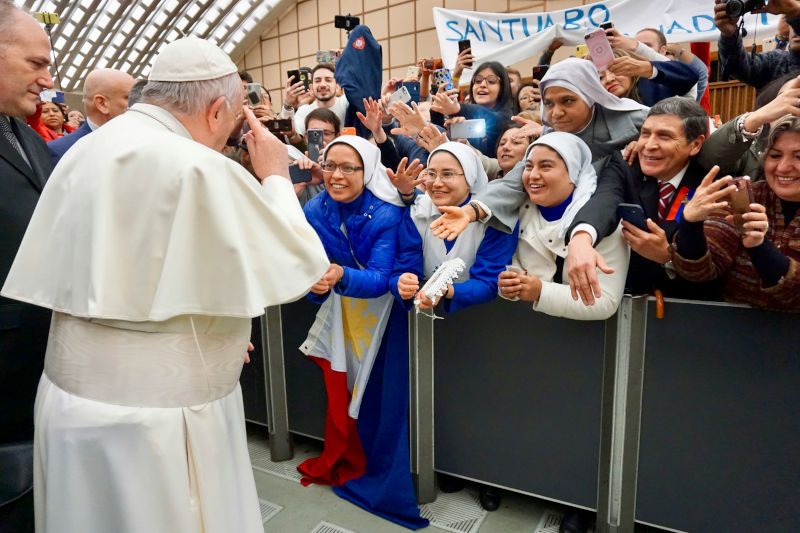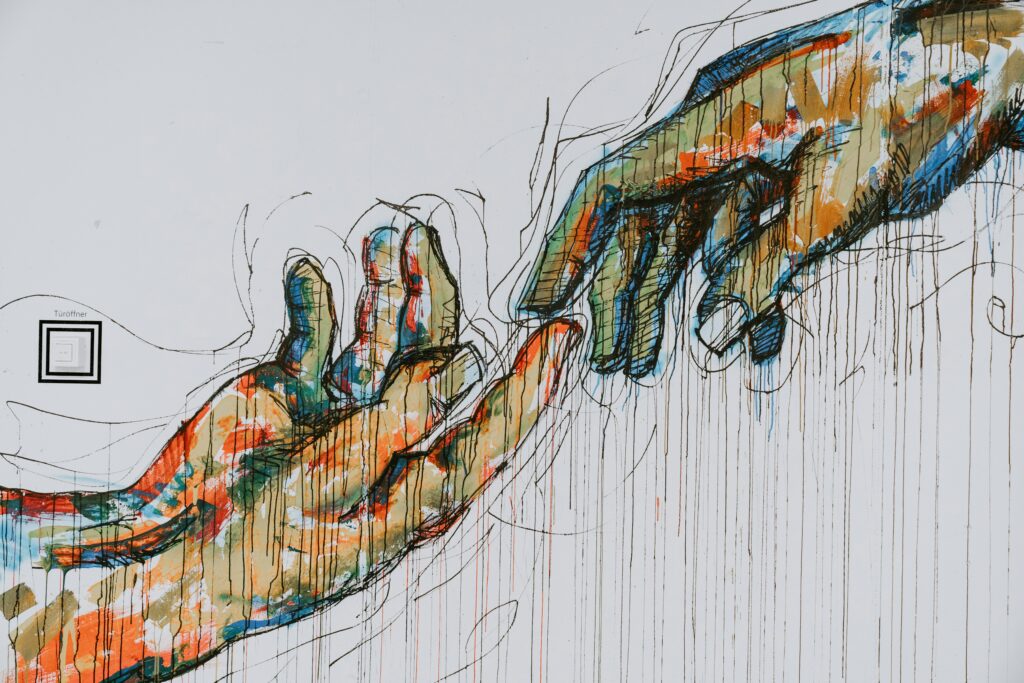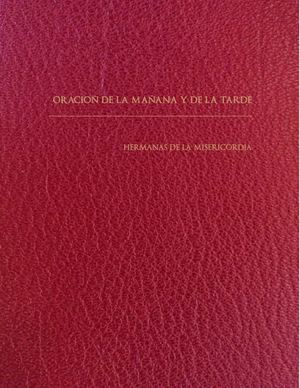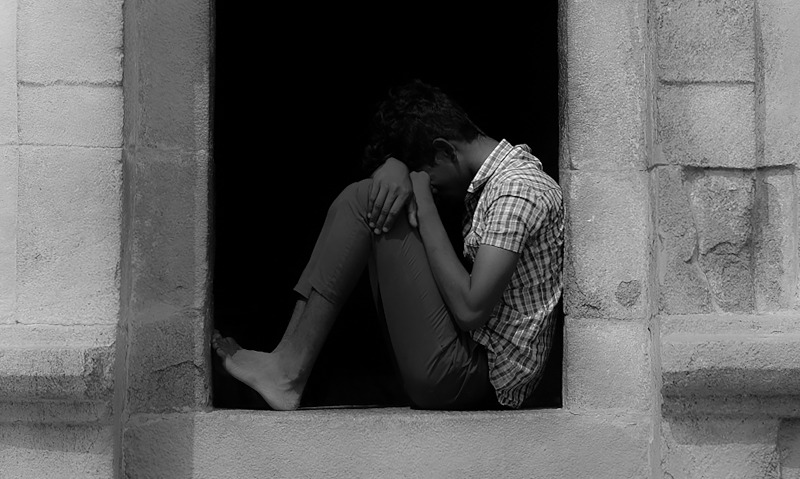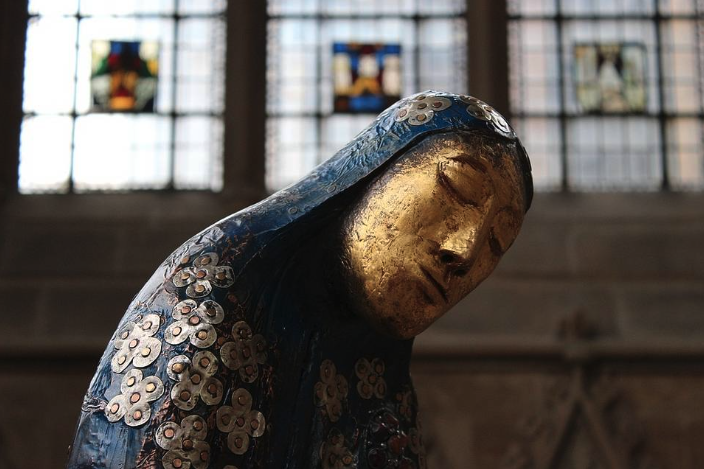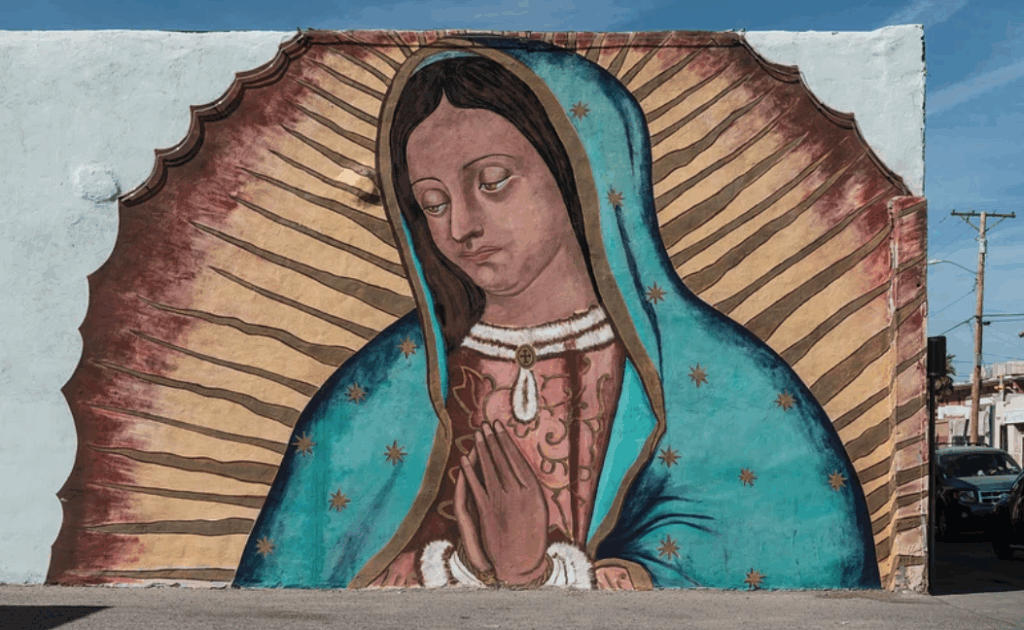The group submitting this Synod process is part of the larger Maryknoll community, a Catholic non-profit mission movement now comprised of four expressions: the Society of Fathers and Brothers, Maryknoll Sisters, Maryknoll Mission Association of the Faithful (more commonly known as Maryknoll Lay Missioners), and Maryknoll Affiliates. Maryknoll has been the heart and hands of the U.S. Catholic Church’s overseas mission work for more than 100 years.
This particular community – the evolutionary consciousness community – was originally formed in 2011 and gathered at a Maryknoll Sisters “Mission Institute on Evolutionary Spirituality.” The group is comprised of those that attended the institute and had a passion for understanding the evolution of consciousness in our world. This group has continued to meet monthly since 2011 with fluctuations of membership. The community is comprised of men and women religious, Maryknoll sisters and fathers, former religious and committed laity who are walking in an evolutionary spiritual path.
These notes from our reflections speak for themselves about the progression of thought and shared reflection experienced through our discussions over a period of several months. All who attended these spiritual conversations found the dialogue to be very beneficial in expanding our understanding and narrative of our concepts of church, concepts of spirituality and our concepts of God. This was truly an opportunity to evolve together.
Our reflections contained in this report are organized in three parts: (1) Joys in our Journey as Church, (2) Challenges/Obstacles in our Journey as Church, and (3) the Hope and Commitment in Continuing our Journey as Church. Each of these groupings are further organized by themes that emerged in our reflection.
1. Joys in Our Journey as Church
Our Evolutionary Consciousness; Understanding Church as Communion with God and All God’s Creation
We describe our joyful experiences of being Catholic in terms of consciousness and communion. We share a consciousness (of the divine) for which we are most grateful. We share a communion with each other through which we continue to invite each other and together grow in our consciousness of the divine.
Our deeply held common belief in the gospel of love inspires us and guides us toward rich and more meaningful lives. We describe a sense of wholeness that emanates from profound moments of recognizing God’s deep love for us, experiencing God in Creation, or when we pursue justice, inclusion, and peace.
Our connection with the divine is often deepened through our communing – our communion – with others in the local and global Catholic communities. When we are embraced by a community, God’s love is experienced through the intentional sharing of our stories, journeys and beliefs and leads to a sense of abiding joy and the fulfillment of personhood.
We are concerned about the state of our world that, in many ways, seems to be lacking an awareness and experience of the consciousness we name here. With much darkness and acting out of fear, many lack security and need to be made safe. In such moments, we resort to living in a survival consciousness. So much suffering in our world can be attributed to the lack of consciousness of the sacred.
Our group – and the intimacy, shared prayer, and study to which we commit – takes us into a new perception of consciousness and evolution. The community helps us to evolve into new ways of thinking about the issues, challenges and fears we face. With gratitude to this group and the study of evolutionary consciousness, we can think anew and remain grounded.
Church as Community, Being Known, and Journeying Together
We believe our group is a paradigm of the heart of the synod process. We gather in community and hold much gratitude for the sacred space through which we are able to share our difficulties and challenges as laity, and yet still accompany each other to a place of hope and joy.
This profound experience of community today reminds us that authentic intentional community is also at the heart of what it means to be Church. Community has often been and remains a source of joy in our experience of Church. Community adds support, connection and meaning to our lives. Connections and bonds are formed in places where we discover a sense of self, find places and ways to use our gifts, and form authentic relationships.
Our experience of joy through community is further enriched when it connects us to the diverse mosaic of humanity and Church. The beauty of diversity enriches our original shared unity. Communal bonds are made stronger when we recognize our commonality despite our diverse backgrounds and simultaneously celebrate our unique and diverse gifts.
One person said, “The church has been a place where we can connect to the divine, connect to each other, and carry out God’s work.” Community engenders the comfort of being truly known to others: the sense that one’s presence is valued and one’s absence is noticed. When our particular community is apart, there is a sense of missing who we are.
Yes, Church is most authentic when it fosters the space in which shared vulnerability is held tenderly with care and respected as important – when it is a pathway to communion with each other. This sense of being known in community serves as a welcome reminder that we are also “known by God” and thus that we are “being called to communion with God.”
Church as Welcome, Hospitality, and Belonging
We value solidarity and accompaniment with those at the margins of the Church—particularly women, people connected to other faith traditions, those affected by poverty, and the lesbian/ gay/bisexual/transgender/ queer (LGBTQ) community among others – in order to make it safe to be our authentic selves, to be seen as God sees us. People experience solidarity when a community authentically welcomes and is grounded in deep love of God and all people.
Welcome, hospitality and solidarity are inherent in our experience of joy on the journey. Joy was particularly poignant for those who recalled their experience of Church as belonging during their childhood. During these formative years, belonging was experienced through rituals, traditions, sacraments, and holiday celebrations.
In our later years, for varied reasons, the sense of belonging faded. Many of us experienced rejection or disconnection from the institutional Church in particular and at times even by local communities. As a contrast to this rejection, a source of joy was discovered through the experience of welcome offered by groups like our Evolutionary Consciousness gatherings, the Maryknoll community, inclusive parish communities, and other similar groups. After many years of seeking, we – whether “cradle Catholics,” “returning Catholics,” or from other diverse spiritual backgrounds – expressed delight when discovering a new welcoming home. As one participant said, “I realized Maryknoll is where I belong and what I’ve been searching for.” Another spoke of a parish priest who consistently started mass by saying “Welcome home everyone!” Gestures like this make a difference.
We also recognized that being part of this Church helps us to recognize a belonging to something so much bigger than ourselves, especially as it fosters a deep interconnectedness with all people and all creation.
Church as Universal as Expressed in Sacramentality and Ritual
We find peace in certain traditions and rituals, whether it be forms of prayers, the sacramental life, the Communion of Saints, liturgy and/or practices like meditation and contemplative prayer. We value the stillness and beauty found in many of these rituals. Rituals that highlight the great mystery of the Divine also have a sacred and vital beauty for us. The quietness of centering prayer and contemplation is key to our joy because stillness is difficult to find in the busyness of everyday life. And yet, it is critical for many of us.
Through these practices, we feel a connection with those well beyond the person who may be next to us and experience a connection to all people and all Creation. When these rituals take us into the stories of each other and into THE STORY, we experience transformation.
Church as Loving Religious Women and Men, and the Institutions to Which They Dedicate Their Lives
An overwhelming number of us spoke lovingly and at length about the important role religious men and women and the Catholic schools or communities of which they are a part played in our lives. We hold with great affection and respect those who taught and otherwise mentored us. The importance of these stories demonstrated the formative role others played in who we are and how we live today.
Having strong, positive experiences of Catholic community as a child was important for us when our faith and relationship to the church became strained in adulthood. Turning to the present day, many of us expressed gratitude for the Maryknoll, Franciscan and Jesuit traditions to name a few. “Maryknoll would ground me, welcome me; it was a second home. When I realized Maryknollers could embrace mission as passionately as they did despite all that is hurtful in the Church, I knew I could remain in the Church and do this as well. This was transformative for me.”
Church as Mission
We are inspired by our call to “go”! Vatican II, Evangelii Gaudium, the theology of Baptism, being a Eucharistic people … all of these help us to understand our call to love neighbor. Missiology that leads us to cross borders and enter into the heart of others is an enriching lifetime journey. This aspect of being Church in which we discover, encounter, and accompany each other is a great joy.
We believe we need a knew missiology grounded in mutuality and a theology of inclusion, welcome, and accompaniment.
2. Challenges/Obstacles in Our Journey as Church
Diminishment of Community
We hold a desire for change in order to foster more hospitality and inclusion.
It is increasingly difficult to find the intimacy and joy of community within parishes today and in general in the Church. It seems parish communities often go through the motions, lack hospitality, and cling to a mentality of “we’ve always done it this way.” Declining numbers in some areas and the rise of megachurches in others do little to restore the intimacy of the community we seek.
The institutional church and tired leaders often get in the way by “prescribing” (and thus limiting) how we “should” gather or define community. This is especially true across cultures and in more traditional settings.
One person vulnerably shared, “I am feeling so powerless these days. I have no choice but to allow myself to be held in an ocean of vulnerability and powerlessness. But the ocean has waves. So, I ask if I trust that a new energy and spirit will be stirred up in this process. It makes me wonder how our process here can affect all the other churches. May our sharing enliven and reenergize our hope to be one.”
We are tired of waiting for the Christo-centric community that welcomes and loves all. It seems we are still trying to implement Vatican II! We call for a sense of urgency to work for a more inclusive and gospel-driven Church in which all are truly welcome.
Church and Clericalism
Clericalism is a major component, and for many of us the very heart, of the obstacles in our journey with and as Church. We have witnessed (and been hurt by) ordained clergy who believe they have a right to exercise power and privilege over laity and especially women, believe they are not accountable to non-ordained persons, dismiss individuals and their faith questions, and close discussion summarily when they “have had enough.” One person described clericalism as “a toxicity of power,” especially when it dismantles the sacred work of individuals and communities after leadership transition and in disregard for lay leaders.
Perhaps no pain has been greater than witnessing the sexual abuse crisis. We believe the sin of clericalism perpetuates protection of predatory sex abusers, lack of substantive action which allows abuse to continue, and the failure to take accountability and lack of atonement for the harm done. While many instances of abuse occurred in the past, clericalism’s role in this crisis continues to this day.
We hold in gratitude those leaders who do not resort to the trappings that give rise to clerical attitudes and behaviors. An antidote to clericalism is active empowered lay involvement in the decision-making of the Church and in parishes or communities. Such a leadership paradigm – true servant leadership – enhances the joys in our experience of Church.
Church and Exclusion
Conversely to communion, many of us described experiences in our lives when our yearning for deep sharing and inclusion was rejected by Catholic communities and by the institutional church. Statements and actions taken in local parishes or at the diocesan or bishops’ conference level, often by the priest or member of the hierarchy, were described as the source of bone-cutting pain, deep desolation, and life-threatening alienation.
Church and Women
Many of us in our spiritual conversations named the reluctance to embrace women as full, equal participants in the life of the Church as an obstacle. The marginalization of women and their gifts was seen as “containment of women,” and as the direct outgrowth of clericalism. We expressed deep sadness and anger with the limits placed on women’s service within the Church.
Church and Exclusion of the Marginalized
A consistent obstacle raised was the Church’s exclusion of the marginalized including LGBTQ Catholics; people of color, especially African Americans; and people with disabilities. We spoke of the deep and lasting harms—the fracture of identity—caused by the perception that is not possible to be both LGBTQ and Catholic. The Church’s exclusionary and narrow stance on sexual and gender identity is hard to reconcile with God’s embrace of all people. The Catholic Church has also been complicit in our shameful history of racial exclusion and segregation. The Church’s colonial mindset and actions – not even in the distant past – has inflicted great pain on indigenous communities and contributed to historical racial division.
The sexism, homophobia, racism, and ableism that plague our society also plague our Church. When we exclude, ignore, shame any members of the Body based on who they are, the harm is many-fold. It extends beyond the individual and their family to the community. If the Body of Christ is so central to what it means to be Church, the institutional church sadly contributes to the disembodying of the Church when it marginalizes anyone.
We noted that the Church has an opportunity to become a place where those sins are confronted and healed rather than reinforced and upheld. We believe we are called in community to extend a radical love to each other. For the Church – the Body of Christ – to thrive, the welcome extended to all God’s people must be active and unconditional.
Church and Judgment and Division
“I wish the Church would lead with welcome and not with judgment.” A consistent theme present in our spiritual conversations was the hope that the Church would reconsider what is perceived as undue prioritization and amplification of certain teachings (e.g., sexuality, birth control, abortion, and divorce) at the expense of compassion and mercy. When we lead with shame and judgment, we do not welcome everyone as they are and as a result, raise an artificial barrier between people and God built upon our human sin and fear.
Too often, the hierarchy leads with judgment where healing and mercy are needed. Too often, influencers in the Church do not lead from a place of love. We desire Church leaders to give as much weight to other elements of Catholic social teaching, and bring into sharper focus the many good works performed by Catholics and Catholic institutions combating poverty, violence, and the death penalty, and striving for immigrant and environmental justice. One mentioned these concerns as “the urgent call of our time.” Pope Francis’ call for the Church to be at the margins in solidarity with the poor, the outcast, sick and imprisoned is not evident. “Too many leaders are wasting so much discussion and time debating who belongs!” shared one person.
In this vein, a source of profound disappointment for many of us is the United States Catholic Bishops being seen as embracing words and actions that unduly politicize the Catholic Church and implicitly take a side in America’s ever-deepening partisan conflicts. With sadness, we see the Church itself mimicking the polarized national political conversation and thus allowing itself to be exploited as a political weapon by elected officials. With the closing of the Catholic News Service in the United States, we are concerned that the bishops will use EWTN and other conservative news sources to convey biased messages and statements. This fosters an icy fear and isolates the Church from the gospel of love.
There is a genuine fear that a Church so central to our lives, risks being taken over by evil disguised as good. Perhaps this is most evident in the politicization of the Eucharist through which individuals are denied the sacrament. We believe Eucharist to be a universal sacrament with the only prerequisite being that a person can evolve to become more in life. Might we even broaden our understanding of what Catholic means so that anyone can sit and have eucharist together? Such a model of love was embodied in the Last Supper and will be far greater than any force of evil or sin.
Yes, we pointed out that, with too few exceptions, the nation’s Church hierarchy is not a prophetic witness to the Gospel message of love, forgiveness and inclusion. The need for healing and change remains strong within the Church. That said, we know many who lead with compassion and mercy, including Pope Francis who models the conversion we need. As one person echoed his words by saying, “The Holy Spirit calls us to become a simpler, poorer Church that creates a space for friendship filled with trust.”
3. The Hope and Commitment in Continuing Our Journey as Church
Embracing Joy
Too often, we have experienced a church that is operating out of fear and holding onto tradition that does not always speak to our world today. In the spirit of appreciative inquiry, we started our synodal spiritual conversations with joy and spent the most time on this question. This is important because we cannot lose our authentic selves nor the joy of the Gospel to fear.
Embracing a Spirit of Synodality
The invitation to participation that is the hallmark of this Synod on Synodality fills us with hope. The enthusiasm with which our Evolutionary Consciousness community greeted the opportunity to engage in spiritual conversation signals our deep hunger for a Church committed to dialogue, deep listening, learning and openness to change (i.e., evolution!). The sacred encounter at the heart of each synodal spiritual conversation is a model of what Church is and can be. We are hopeful that this moment points to an openness to listen to all people, the Body of Christ. Such a Church can celebrate the infinite possibilities in God’s creation and be a desperately needed voice for holy communion of people instead of adding to discord and polarization.
Embracing Radical and Inclusive Love
A consistent theme of our conversations revealed the rejection and marginalization experienced by our group at the hands of the Church. Our sustained faith and faithfulness to spiritual communities – whether local small groups, Maryknoll, other religious orders, our parishes or the Church as a whole – in the face of exclusion is a sign of the power of the Gospel’s message of radical and inclusive love. A Church that truly embraces this message focuses on the law of love, not rules; each person as “a mission on this earth” not a sinner to be fixed; on welcoming and embracing as opposed to alienating and shaming. We feel called to raise our voices for full and equal participation of women; end hurtful and alienating practices toward LGBTQ people; advocate for priests to marry; dismantle racism and other forms of systemic exclusion by finding ways to make participation more accessible to all; and strive to end structures that oppress and fall short of the Gospel’s call. And quite specifically, we believe the hierarchy must more fully own and address the wounds of the sex abuse crisis by acknowledging the harm done, requesting forgiveness, and making amends.
Embracing Collaboration with the Laity
Pope Francis says that the word synod means “walking together”. This presents a powerful image for the hierarchy, pastors, religious and laity. We believe the true gift of Church is the collective people of God who journey together; and yet we experience leadership who divide with power, status, wealth, position, education, etc.
We believe the Church must embrace the collaborative spirit of Synodality by dismantling the centuries-old systems of hierarchical decision making. That includes clericalism and the current reliance on those with wealth who maintain old structures. This implies a Church that strives to rebalance power that it may be shared with the laity. It also means respectfully welcoming and engaging the questions that arise from the faithful in an increasingly secular and technical society. Finally, it implies a leadership that fully mirrors the diverse Body of Christ both in its physical make-up and thought.
Embracing Encounter
Our conversations led many of us to a deeper awareness of what others may not know or experience spiritually and communally. This is not a statement of judgment or comparison. On the contrary, it comes from a place of renewed appreciation for those times when the Church authentically witnessed to love, inclusion, and a deeper consciousness of the divine. It reflects compassion for those who have not been exposed to the witnesses, experiences, tools and/or examples that foster a deeper reflection of Spirit, life and the inherent connectedness of all that is.
We commit to deepening the use of our senses and being attentive to others. We strive to recognize that each person showing up to mass, sacramental celebrations, or some other gathering has something in their heart that draws them to Eucharist, to love and to a deeper existence or journey. With that in mind, we commit to patient listening and trusting of others. When called to do so, we will taste and smell the vulnerability and poverty that cries out for love.
Our collective global community – and each individual comprising it – are in situations that are complex and complicated. Just as the mystics, we are called to remain aware, to live compassionately and openly amidst the turmoil that aims to divide, and to change something (as we ourselves are changed) in order to foster healing and grace.
Embrace Activism and Dialogue
We uphold a spirit of activism that fosters reform. Our understanding of activism begins with spiritual and respectful dialogue, especially where there is disagreement and misunderstanding. To that end, we commit to the difficult conversations which help us to find common ground with others who hold a different experience or understanding of Church. We believe the basic tenets of listening circles and restorative justice circles – relationship, respect, responsibility, repair and reintegration – offer a framework to navigate the chaos of change and hold us to a path of healing and growth.
Embracing Contemplation
When words and sentences are put together, they form a field. They form a power and energy in themselves and risk bringing in something unintended. Throughout our spiritual conversations, we chose our words carefully; moreover, we commit to reflecting upon them over time.
Everything can happen so fast in post-modern
society. When we live fast, we cannot live deep. Experience comes and it comes, and it comes, and we spin ourselves out in the shallows. Authenticity is difficult, and yet, it keeps calling out to us. We trust that our authentic selves will keep us grounded in hope even when others are afraid of complexity and uncertainty. We trust that we will discover new ways to live into authenticity, perhaps discover a new geography through bridge-building in which we can truly embrace a spirit of Ubuntu (“I am because we are!”).
To reach this place of awareness, we recognize that contemplation and reflection are required. So, we ask ourselves: How might we read our words (our Synod report and what emerges from the entire Church) with and through a contemplative attitude or lens? We hope the entire synodal process all over the world will not be bound by the logic of words, but the creative energy and spirit that is moving within and between the words, in this moment.
Helen Keller is noted for saying, “The bend in the road is not the end of the road.” For a person who was physically blind, deaf and mute, what kind of sense did she have that allowed her to know this? It is an example to listen and contemplate God’s power within us to live more deeply and bring our deeper living to a Church that craves it.


